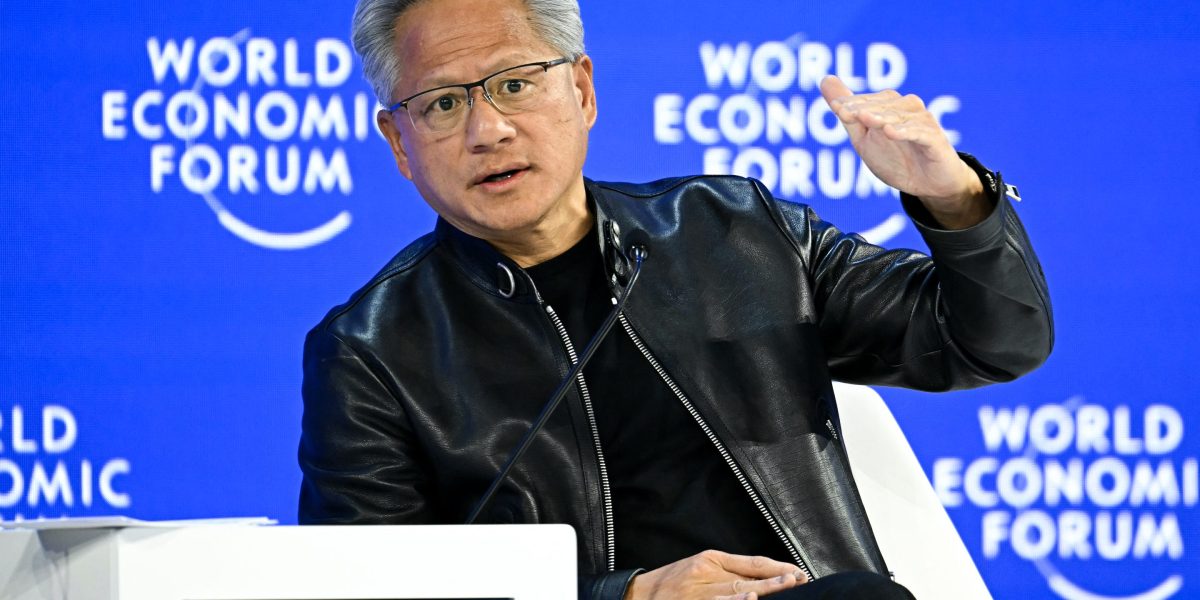In most debates over what caused any historical event to occur, the disputants tend to emphasize what they consider to be the most important causal factor, and minimize the influence of factors they consider to be less important. It is not so much that they dispute the relevance of contested factors in understanding the event comprehensively, but more that there is no agreement on the degree of importance that ought to be attached to those factors. Often people will emphasize the factors that fall within their own field of expertise, where they consider themselves able to contribute meaningfully to the debate. This was a basic feature of scholarly discourse before academic institutions were taken over by political activists. There is no problem with approaching any contested issue from many different perspectives in the traditional academic way, as long as it is understood that each discipline will emphasize certain factors over others. The point about debate is that the participants attempt to defend a specific position or line of argument, otherwise it would not be called a “debate.”
In the case of war, there is rarely, if ever, universal consensus on a single explanation for the causes and conduct of any war. As the great historian Clyde Wilson observes in relation to Lincoln’s war:
What a war is about has many answers according to the varied perspectives of different participants and of those who come after. To limit so vast an event as that war to one cause is to show contempt for the complexities of history as a quest for the understanding of human action.
Those who argue that Lincoln’s war was “about slavery” hold the view that while there may well have been other factors at play, in their view, slavery was the most important issue. The same applies to those who highlight the reasons Lincoln gave for launching his attack, all of which, before the outbreak of war and until at least 1863, had to do with saving the Union, securing his tariffs, and punishing the states that had the temerity to break up his empire. They would argue that the most important issue was Lincoln’s desire to fulfill these political goals.
These debates illustrate the importance of free speech and open inquiry. The truth lies in understanding all the relevant facts and examining historical events from different angles. If certain facts are arbitrarily excluded from the scope of inquiry by the morality police who gatekeep the bounds of permissible debate, then there is no hope that the truth would ever be ascertained. We would be limited to debating only what falls within the bounds of socially acceptable propaganda. In relation to Lincoln’s War, those who promote the “about slavery” explanation often resort to the methods and strategies of cancel culture to silence their opponents, their aim being to ensure that theirs is the only explanation that will ever be heard.
This explains how the economic causes of the war came to be downplayed or even dismissed. Rather than doing the hard work of showing why (in their opinion) the economic causes were not important, they seek to close down debate by the simple expedient of accusing those who mention economic causes of promoting a “lost cause.” In “The Truth About Tariffs and the War” Philip Leigh explains:
During the past thirty years most historians claim that slavery was the dominant cause of the Civil War. They increasingly insist that the South’s opposition to protective tariffs was a minimal factor, even though such tariffs were specifically outlawed in the Confederate constitution. Historian Marc-William Palen, for example, writes: “One of the most egregious of the so-called Lost Cause narratives suggests that it was not slavery, but a protective tariff that sparked the Civil War.”
Those who dismiss the tariff issue as “a lost cause narrative” really just mean that they disagree concerning the importance attached to the tariff dispute. They seek to create a sham “consensus” in which “we all agree” as to the causes of the war, and to achieve this they deem it necessary to dismiss the economic arguments about the importance of the tariff issue so that everyone can “agree” that the war was caused by slavery. How else would they create their ideal world in which nobody dissents from their precious “scholarly consensus”? The point here is that on issues so deeply-contested that universal consensus will never be achieved, it becomes even more important to air different analytical perspectives. The quest for “consensus” is inimical to open and honest inquiry and debate.
In their book Tariffs, Blockades, and Inflation: the Economics of the Civil War, Mark Thornton and Robert E. Ekelund, Jr. make the case for acquiring a better understanding of the economic causes of the war:
These comments suggest that economics is necessary to understand the causes, course, and consequences of the Civil War. Indeed, economics is a means of explaining and understanding history and all history is written with some theoretical structure, whether good or bad, implicit or explicit.… The economic history of the factors leading to war—those pertaining to both its conduct and its aftermath—demonstrates the power of modern economic analysis to provide critical insights into this seminal US conflict.
Concerning the role played by slavery in precipitating war, they explain, “Economists, however, might refer to slavery as a necessary but not a sufficient cause because other factors were required to precipitate the war at the particular time when it began.” This is an important point, especially when it is recalled that all states in the Union recognized slavery as a legal institution when the Constitution was framed. The notion that slavery would be a sufficient cause for the states to wage war against each other is easily seen to be very thin indeed.
As the Northern states industrialized, they implemented gradual emancipation often through selling their slaves to the South or by redesignating the status of slaves as indentured servants for a term—25 years in many cases. Massachusetts—the first state to legislate slavery—did not legislate to abolish it, as the end of slavery in that state was achieved by decisions of the Massachusetts Supreme Judicial Court. Further, only seven slave states seceded, with six of them doing so to join South Carolina. If slavery was the sole or primary cause of this dispute, all fifteen slave states would logically have been expected to secede. This points to the need to cast the net wider in seeking to understand the causes of the war.
The economic causes of the war relate to the prevailing economic conditions in the years preceding the war. Understanding these events is not based on a claim that economic factors are morally “more important” than other factors. What is morally important is a value judgment, and economics properly understood is not concerned with evaluating people’s motives and judging them based on who had morally good or bad motives. Economics is a value-free science. In his essay explaining what is meant by value free economics, David Gordon quotes the following passage from Ludwig von Mises:
An economist investigates whether a measure a can bring about the result p for the attainment of which it is recommended, and finds that a does not result in p but in g, an effect which even the supporters of the measure a consider undesirable. If this economist states the outcome of his investigation by saying that a is a bad measure, he does not pronounce a judgment of value. He merely says that from the point of view of those aiming at the goal p, the measure a is inappropriate. In this sense the free-trade economists attacked protection. They demonstrated that protection does not, as its champions believe, increase but, on the contrary, decreases the total amount of products, and is therefore bad from the point of view of those who prefer an ampler supply of products to a smaller. It is in this sense that economists criticize policies from the point of view of the ends aimed at. If an economist calls minimum wage rates a bad policy, what he means is that its effects are contrary to the purpose of those who recommend their application.
In making the case for studying the economic causes of the war, the argument is not that the morality of slavery is irrelevant but, on the contrary, that the discipline of economics has important lessons in understanding the war. This is not a claim that morality is unimportant, but a claim that economics is a valuable discipline whose purpose is not to evaluate morality but to explain how certain economic factors may have contributed to the situation we seek to understand. As Thornton and Ekelund argue,
…the moral centrality of the slavery issue in bringing about the war is not in debate here because it is difficult for economists to ascribe motives that would lead to this war… The discovery of motives is the purview of in-depth historical research and historical biography.
Their argument is that to ascertain the motives of the men making decisions in 1860, one would have to study those men closely—what they said, what they wrote, their background, their personality, their activities, and everything about their historical context that would shed light on their motives. This is the purview of history or historiography, not economics. Economics, unlike history, seeks not to evaluate moral or political values but only to give an explanation of means and ends—as Mises puts it, “whether a measure a can bring about the result p for which it is recommended” or whether it will instead “not result in p but in g.”



























